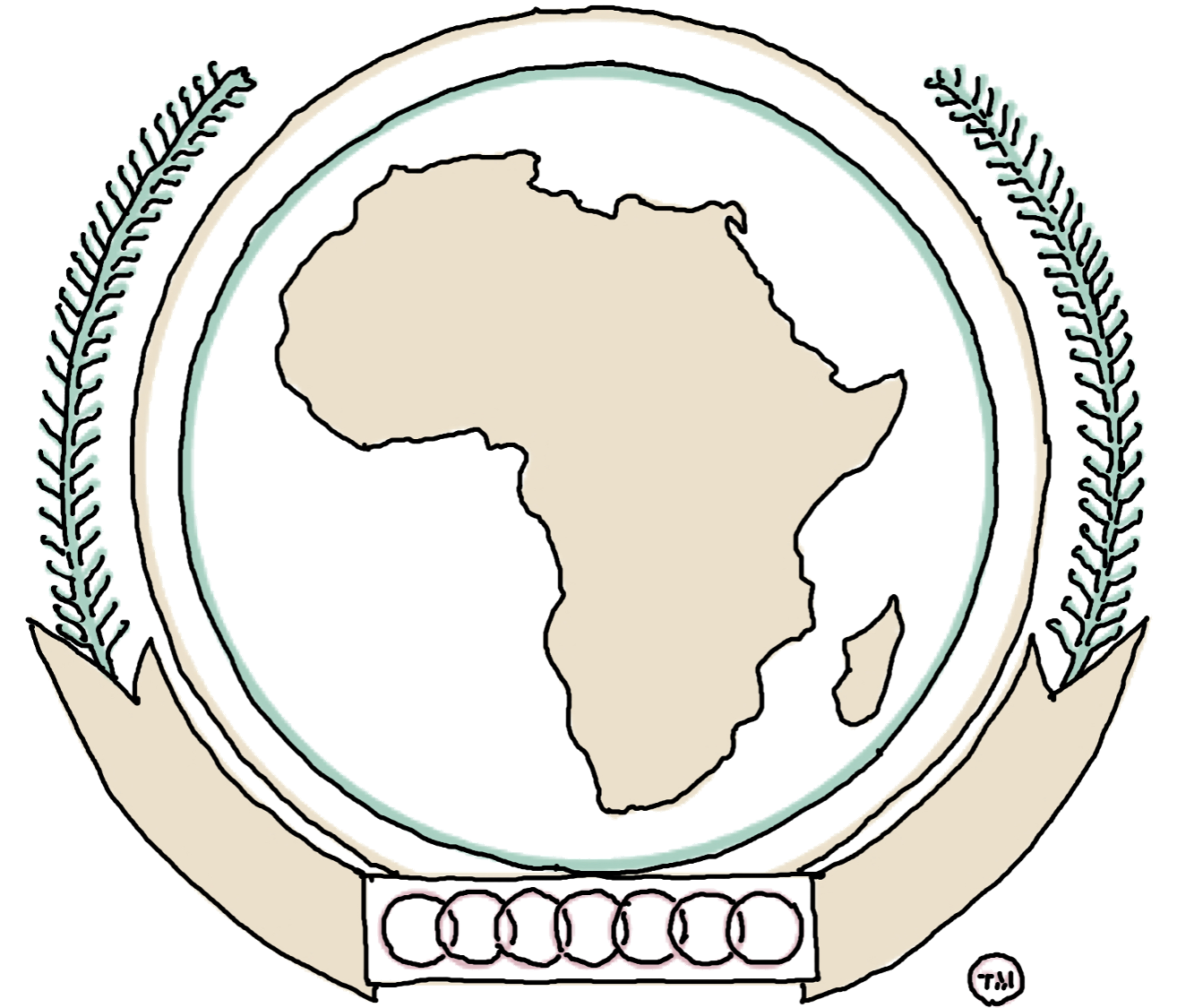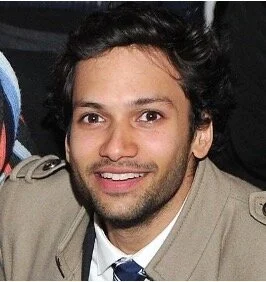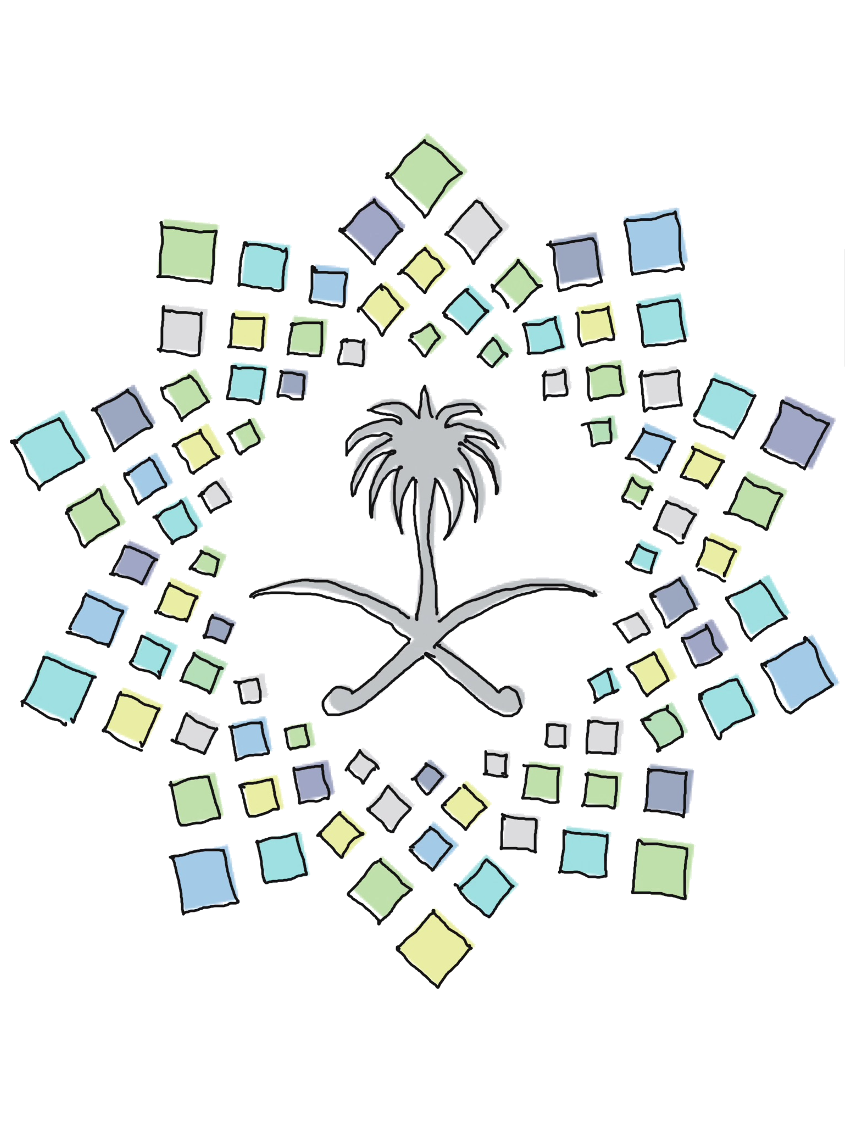Strengthening Africa’s Health System Capacity
For the latest blog, I spoke with Mayur Mandalia, Technical Officer at the WHO, about the organization’s ongoing work to support the African Union’s efforts in building and expanding home-grown capacity in the healthcare sector.
Interview with Mayur Mandalia
The African Union (AU), made up of the 55 African Member States, drives initiatives for the growth and development of the African Continent. The World Health Organization (WHO) is proud to partner with the AU Commission and provides technical services to support the implementation of key initiatives across many areas of mutual interest. Within the healthcare sector, these include:
Establishing a continental medical products regulatory agency
Building capacity for clinical research
Tracking and optimizing domestic health financing
What is the ambition and progress in setting up the African Medicines Agency?
In 2014, the African Ministers of Health agreed to form the African Medicines Agency (AMA) to serve as a continental regulatory body for medical products. Due to the lack of a single regulatory authority under the AU, countries in Africa rely on assessments and recommendations from agencies such as the European Medicines Agency (EMA) and the US Food and Drug Administration (FDA). For example, amid the COVID-19 pandemic, many African countries followed Europe in halting certain vaccination campaigns. Establishing the AMA would provide tailored guidance based on local considerations to the AU Member States.
The treaty that establishes the AMA as a specialized agency of the AU will come into force 30 days after the deposit of the 15th instrument of ratification. To date,
22 Member States have signed the Treaty
Nine have ratified and deposited the instrument of ratification
Six have ratified but are yet to deposit the instrument of ratification to the Commission
Continued advocacy activities are underway to encourage countries to sign, ratify, and deposit the instrument of ratification.
Once AMA comes into force, the agency will be established based on its functions and mandate as articulated in the Treaty. This remit includes AMA developing strategic partnerships with WHO and stringent regulatory authorities around the world, including EMA, US FDA, Australian Therapeutic Goods Administration (TGA), and Health Canada, to improve its interventions and harmonize its regulatory policies. AMA shall have authority/jurisdiction in the Member States that have ratified and acceded to its Treaty. However, while the work of the AMA would only be legally mandated in these Member States, other countries in the region are free to follow the agency’s regulations and recommendations. Additionally, the AMA, per its Treaty, can have bilateral partnerships with these countries. The hope is that as Member States see the value of the AMA, more countries will sign on to the Treaty, eventually creating a truly continental body.
There are big expectations around the potential scope of the AMA in Africa’s healthcare landscape. Beyond the regulation of medicines, devices, vaccines, etc., the agency can also play a role in the future procurement of medicines for the whole continent. The establishment of a continental regulatory body will also build on and support the development of home-grown expertise. The WHO remains committed to helping establish the AMA and supporting the agency to achieve its potential.
How is the AU working to build capacity for local clinical research?
Established in 2017 as the public health agency under the AU, the Africa Centres for Disease Control and Prevention (CDC) works to detect and respond to disease threats and build the capacity of health institutions. The recent pandemic enabled the CDC to flourish and demonstrate its relevance and capability as the continental public health security body. For example, it was instrumental in garnering political buy-in to address the COVID-19 pandemic, setting up a continental medical supplies platform, and coordinating AU COVID-19 vaccine procurement efforts.[1] In addition, the Africa CDC provided continental leadership together with WHO during this crisis in bringing stakeholders together to support the Member States.
The pandemic also emphasized the need for Africa to perform local clinical research and contribute data and literature to the global health space. Africa has made a limited contribution to the ongoing COVID-19 vaccine clinical trials with vaccines being manufactured and contextualized outside of Africa. This situation is similar for other medicinal products, as African Member States currently rely on data from other regions where clinical trials are conducted more readily. Building data locally that is more relevant to African populations helps the Member States recognize the relatability and reliability of home-grown evidence and research.
The Africa CDC is already working to build Africa’s infrastructure to support clinical trials. While strong collaborations exist between Europe and Africa, the Africa CDC is making a concerted effort to develop research evidence in the region, building and leveraging home-grown expertise to do the work locally. These efforts include bringing together research consortia. Healthcare professionals, academics, and researchers in Africa are already networking on an individual level. WHO and Africa CDC continue to collaborate in initiating and coordinating research across the continent.
Since its establishment, the WHO has worked closely with the Africa CDC, helping to build the agency’s capacity in its early stages and leveraging its political platforms. As Africa CDC does not have a fixed presence in every country in Africa, WHO leverages its in-country presence, complementary expertise, and operational capabilities to work hand-in-hand with Africa CDC counterparts. Given that both WHO and Africa CDC serve the same Member States, they share a strong interest in coordinated action between and across the two organizations..
What is the focus in terms of domestic health financing?
Projects in this area include increasing domestic resources for healthcare, resource mobilization, providing services and innovative financing mechanisms, and monitoring and tracking health expenditures. The WHO supports the AU across these efforts, including measuring where the Member States are relative to the cost of healthcare – e.g., cost of health services, out-of-pocket expenditure, etc. – and establishing objectives for future healthcare expenditure across the region.
What would success look like to you in five years?
The WHO’s Director-General has expressed that getting the AMA up and running is part of the organization’s commitment to the AU. Success in five years would be having the AMA ratified by more countries and set up with a dedicated team in place and its departments organized with functions and mandates. It would also include the AMA already showing its value, for example, in the harmonization of medicines regulation and establishing local manufacturing sites.
Currently, Africa manufactures a small percentage of its vaccine needs.[1] The hope is that, with time, this would reduce, and Africa will have more capability to be able to manufacture medical products. In five years, success would see some local manufacturers regulated by the AMA and producing intra-Africa medicines trade. Work is already underway to establish vaccine manufacturing hubs in Africa. In five years’ time, these could be producing vaccines for the continent.
Finally, in five years, current investments into building home-grown expertise, workforce, and local infrastructure would be showing tangible results and improvement in Africa’s health system capacity.
The AU-WHO partnership is critical and will continue to grow and deepen across these and other efforts in the next five years and beyond.
[1] Nkengasong JN, Tessema SK (2020) Africa Needs a New Public Health Order to Tackle Infectious Disease Threats. Cell Vol 183, Issue 2, P 296-300 https://doi.org/10.1016/j.cell.2020.09.041
About the interviewee
Mayur Mandalia is a Technical Officer at the World Health Organization (WHO) and currently works at the WHO Office to the African Union and the UN Economic Commission for Africa.
Prior to this, he worked for three years with the WHO Regional Office for Africa in health systems strengthening, predominantly in health policy and financing. Before joining WHO, Mayur worked for the International Diabetes Federation – European Region on diabetes policy, research, and advocacy. Mayur began his public health career with an internship with WHO HQ and working at the International Committee of the Red Cross (ICRC), both in Geneva, Switzerland.









